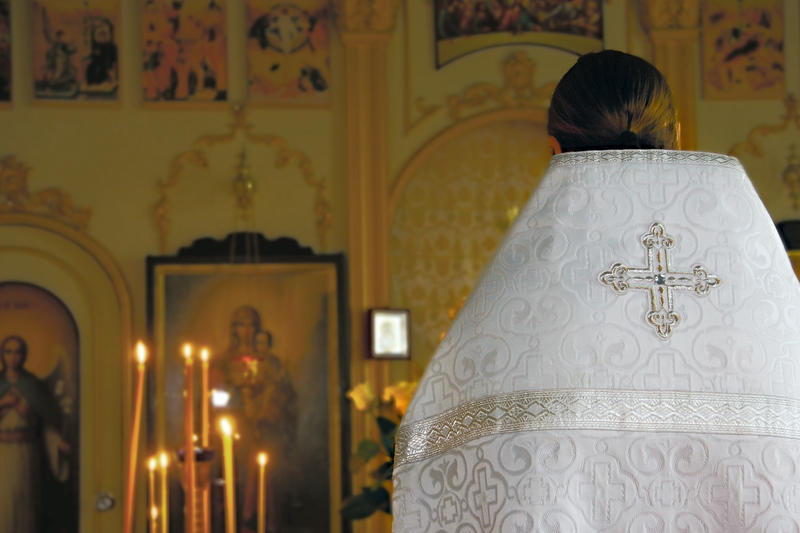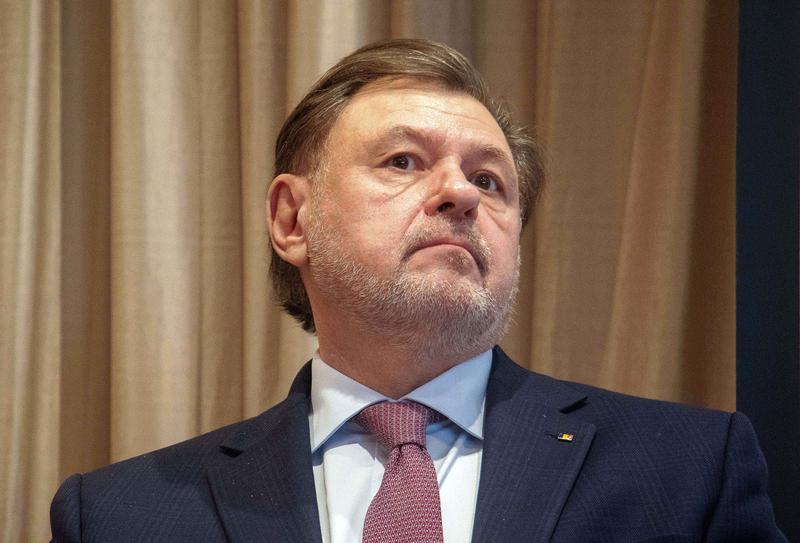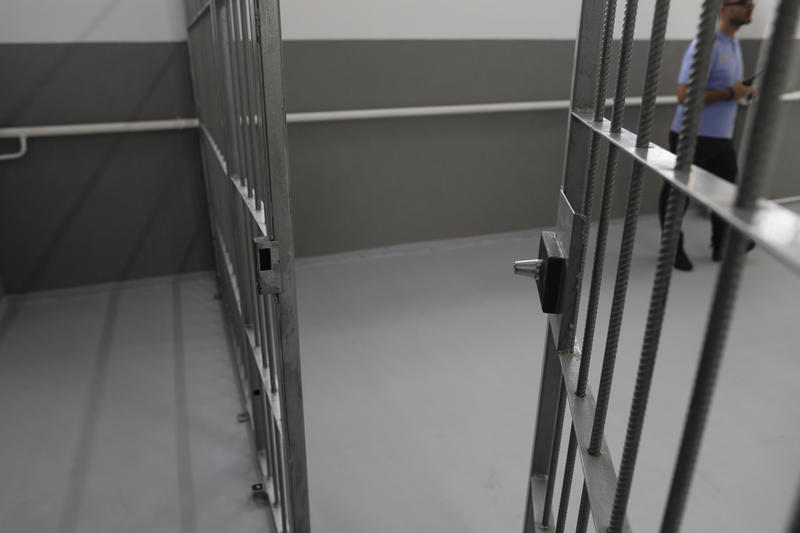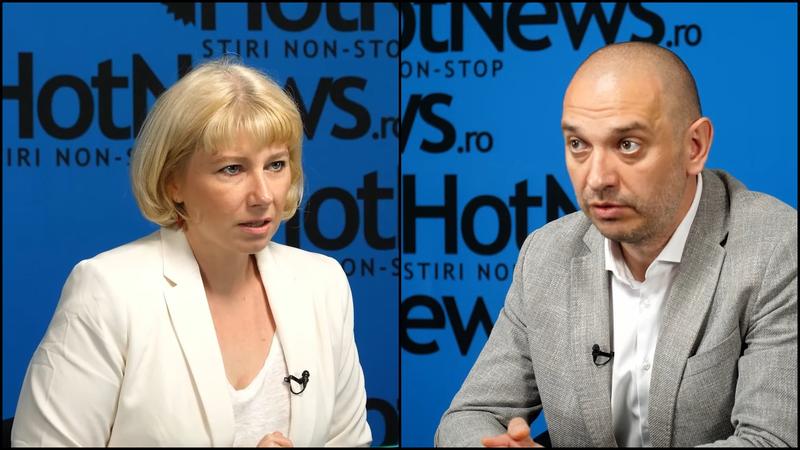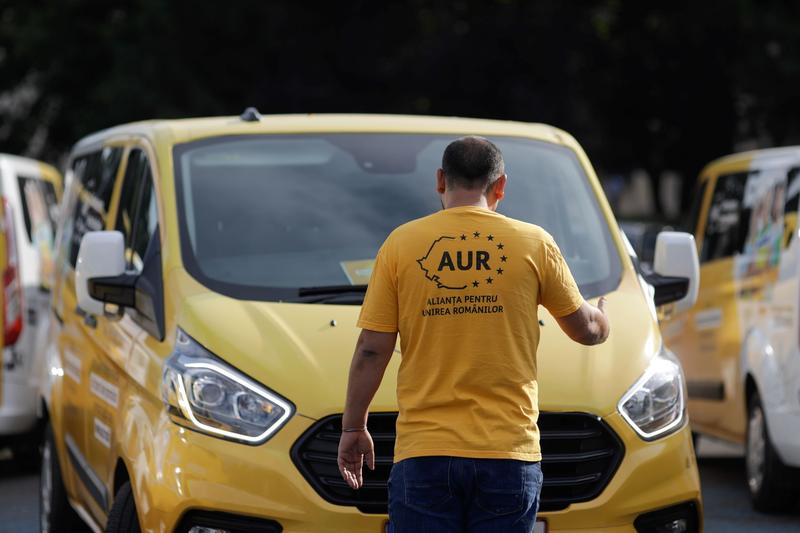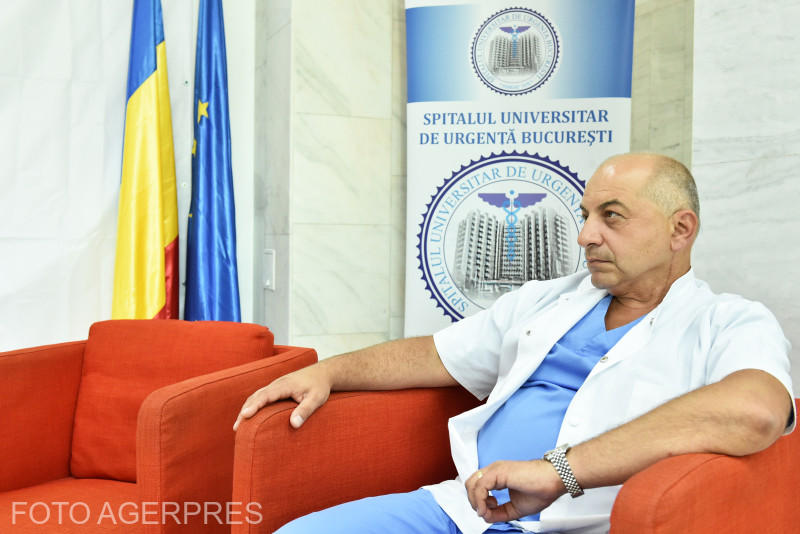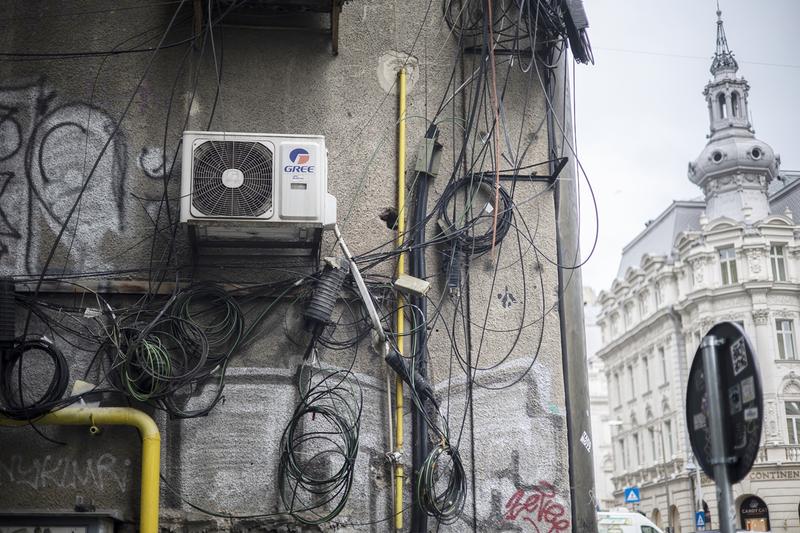The Romanian media on Monday take as a certainty the nomination of ex-EU accession negotiator Leonard Orban as future representative of the country in the European Commission, after the first nominee was forced to withdraw. Even the President speaks on the matter in an interview for one daily.
Each newspaper supplements its offer with revelations of abuses and corruption but also with success stories, both individual and national.
Various sources this weekend announced that Romania’s future nominee for a seat in the European Commission will be Leonard Orban, a Integration Ministry state secretary who had a key role in the country’s negotiations to join the Union.
He is said to replace Liberal Senator Varujan Vosganian, who were forced to resign over unconfirmed allegations that he was involved in political police activities under the communist regime.
Romania Libera believes the new nomination is a last chance and last solution for PM Calin Popescu Tariceanu, the man who had pushed for Vosganian’s failed nomination and who could not compel Foreign minister Mihai Razvan Ungureanu to accept the honor.
Cotidianul reports that nobody really knows who was the one to chose Orban - PM Tariceanu, or President Basescu, or both - considering that the two held talks on the issue on Sunday morning.
For Evenimentul Zilei, the problem is not that complicated as the newspaper already considers the head of state as a “winner” in the political battle between the presidency and the prime minister, a battle that has so far affected the interests of the country in Brussels.
And Jurnalul National publishes an extensive interview with President Basescu, who argues for a presidential role in the nomination of Romania’s renewed nomination as the first one failed so miserably.
And he argues that the current political situation in Romania, which focuses on the permanent confrontation between the head of state and the head of government, has one solution - early elections.
Elsewhere in the newspapers, Evenimentul Zilei starts a series in which Ioana Maria Vlas, a key figure in a huge economic and political scandal known as the FNI case, publishes her memoirs.
Vlas, who has received a serious prison sentence over her role in the collapse of the National Investments Fund-FNI, masterheaded by controversial businessman Sorin Ovidiu Vantu, tells in this first round how the Fund was born and who were the people behind it.
Cotidianul focuses on another case of abuse - the daughter of an important Interior Ministry boss has won a contest for a job with the National Anti-drug Agency-ANA, a body supervised by the Ministry, after minister Vasile Blaga changed the rules of the contest two days before it took place.
For its part, Gandul writes that the former head of the Romanian Intelligence Service-SRI, Radu Timofte is investigated by the National Anti-corruption Department-DNA for abuse in office and acts in favour of criminals.
Timofte is investigated along nine other SRI chiefs in a case related to a series of irregularities involving SRI officials in the county of Prahova, north of Bucharest.
On a different note, Evenimentul Zilei reports that the case of Mohammad Munaf, the man sentenced to death in Iraq over his role in the kidnapping of three Romanian journalists in Iraq last year, takes a new turn as the Appeals Court in Washington has ordered Munaf, a US citizen, to remain in the custody of US forces until November 7 but
rejected a call for the prisoner to be transferred under the authority of Iraqi officials. The decision has the status of a precedent for US citizens that become prisoners of international forces abroad.
One “good” news from Gandul: a recent story in the Austrian media that a Romanian gang prepared to kidnap the heir of the Swarovski family was the fantasy of an Austrian prisoner at the Innsbruck Penitenciary.
Neither Fiona Swarovski, nor her husband, Austrian Finance minister Karl-Heinz Grasser or any member of the family was in danger at any time, the Austrian police announced, dismissing previous claims that a Romanian turned in a gang of other Romanians who allegedly planned the kidnapping.
Evenimentul Zilei continues the series of positive features with a portrait of a Romanian woman, Andreea Mihai, who as marketing head of the local chain of Carrefour hypermarkets has turned one such hypermarket in the company’s third most visited store of the French group worldwide.
And Cotidianul publishes a special report on the expansion of Romanian capital in neighboring countries. First were major names in Romania’s chemical and oil industries, but they are now followed by retails who have been expanding in all neighboring countries.
